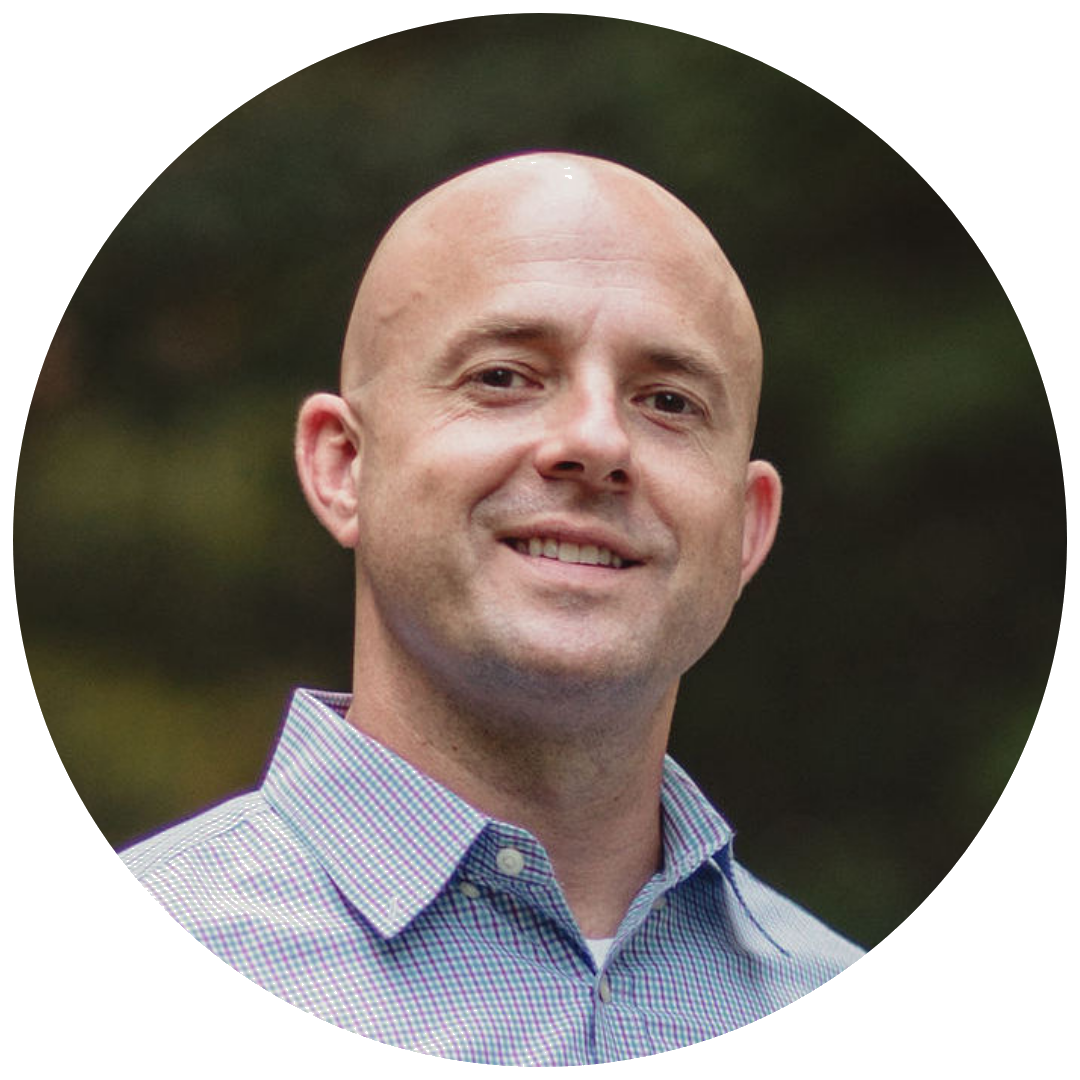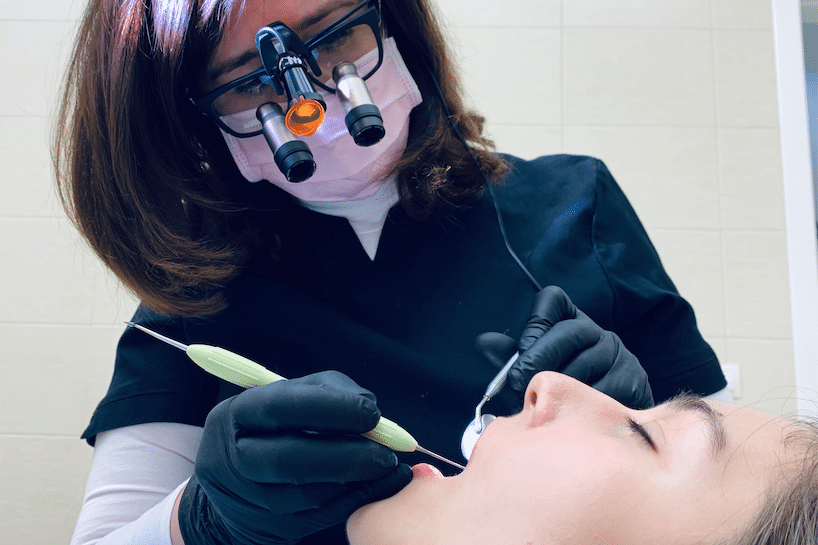Damaged Tooth
A crack or a chip in the tooth can be sufficient to cause an infection, even if the damage is not easily visible to the naked eye. If the fracture is deep enough to extend to the dental pulp, it becomes even more dangerous. If someone or something hits a tooth with enough force, they can sever the nerve at the end of the tooth’s roots. Once the nerve tissue is destroyed, it begins to break down. This allows bacteria to enter the pulp chamber and start to multiply. Root canal therapy then becomes necessary to resolve the problem. Although you cannot always avoid things like accidental injuries, seeking out medical care immediately following any damage to your teeth helps prevent future problems.
Tooth Decay
If you fail to properly maintain your oral health, tooth decay can become a problem. Cavities, or tooth decay, occur due to bacteria in your mouth permanently damaging the hard surface of your teeth and opening tiny holes therein. When the decay becomes severe enough to impact the dental pulp, a root canal infection can occur. At worst, an infection can even kill the nerves within the dental pulp tissue.
Repeated Dental Drilling
Certain dental procedures can put your tooth under tremendous stress. Drilling into a tooth repeatedly does run the risk of irritating and inflaming the tooth pulp. When dental pulp breaks down, invasive bacteria can more easily able to spread infection. Taking very careful care of your teeth after every dental procedure is the best way to minimize this risk.
Root Resorption
Resorption is a term used to describe the process of one part of your body absorbing another. Root resorption specifically refers to the dissolution of a tooth’s structure after trauma, tooth replantation or a dramatic shift in the tooth’s positioning. It can happen from the outside of the tooth’s root and move inward or vice versa. Root resorption can sometimes be painless, which means regular dental care is crucial in diagnosing it in a timely fashion.

About the Author
Dr. Harris has been a practicing dentist since 2005. In 2012, he received his Master’s of Science in Dentistry and a certificate in Endodontics. He founded East Coast Endodontics shortly after receiving his master’s degree. He also currently holds a part-time position as a Clinical Assistant Professor for the Endodontics department at Virginia Commonwealth University. View his full bio.

